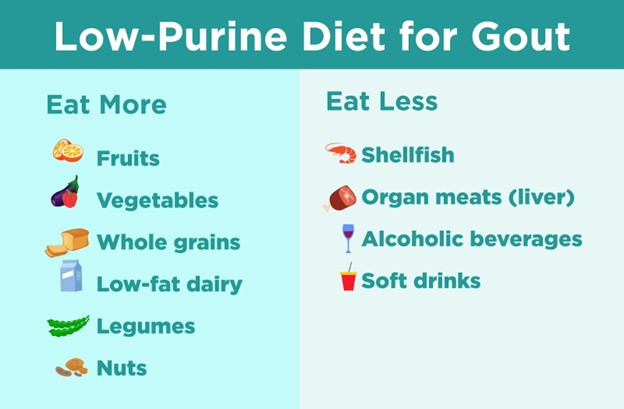The nurse is completing a health assessment of a client suspected of hyperthyroidism. Which of the following clinical manifestations should the nurse expect?
Cold skin
Weight gain
Tachycardia
Anorexia
The Correct Answer is C
Choice A Reason: Cold skin is not a common finding in hyperthyroidism, but it may indicate hypothyroidism or other conditions such as hypothermia or shock.
Choice B Reason: Weight gain is not a common finding in hyperthyroidism, but it may indicate hypothyroidism or other conditions such as Cushing's syndrome or edema.
Choice C Reason: Tachycardia is a common finding in hyperthyroidism, as the increased thyroid hormone level causes the heart rate and cardiac output to increase.
Choice D Reason: Anorexia is not a common finding in hyperthyroidism, but it may indicate other conditions such as depression, infection, or cancer.
Nursing Test Bank
Naxlex Comprehensive Predictor Exams
Related Questions
Correct Answer is C
Explanation
Choice A Reason: Drinking white wine, not red, is not an indication that the client understands the instructions, as both types of wine are high in purine and may trigger gout attacks.
Choice B Reason: Limiting the number of fruit servings I eat each day is not an indication that the client understands the instructions, as most fruits are low in purine and may help to lower uric acid levels.
Choice C Reason: Avoiding eating organ meats is an indication that the client understands the instructions, as organ meats are very high in purine and may increase uric acid levels and cause gout flare-ups.
Choice D Reason: Choosing red meat instead of poultry is not an indication that the client understands the instructions, as both red meat and poultry are high in purine and may worsen gout symptoms.

Correct Answer is ["A","B","D"]
Explanation
Choice A Reason: Weight gain is a common finding in hypothyroidism, as the decreased thyroid hormone level causes the metabolism to slow down and the body to store more fat.
Choice B Reason: Constipation is a common finding in hypothyroidism, as the decreased thyroid hormone level causes the gastrointestinal motility to decrease and the stools to become hard and dry.
Choice C Reason: Rapid pulse is not a common finding in hypothyroidism, but it may indicate other conditions such as hyperthyroidism or anxiety.
Choice D Reason: Decreased energy is a common finding in hypothyroidism, as the decreased thyroid hormone level causes the body to feel tired and sluggish.
Choice E Reason: Hypertension is not a common finding in hypothyroidism, but it may indicate other conditions such as renal disease or cardiovascular disease.
Whether you are a student looking to ace your exams or a practicing nurse seeking to enhance your expertise , our nursing education contents will empower you with the confidence and competence to make a difference in the lives of patients and become a respected leader in the healthcare field.
Visit Naxlex, invest in your future and unlock endless possibilities with our unparalleled nursing education contents today
Report Wrong Answer on the Current Question
Do you disagree with the answer? If yes, what is your expected answer? Explain.
Kindly be descriptive with the issue you are facing.
